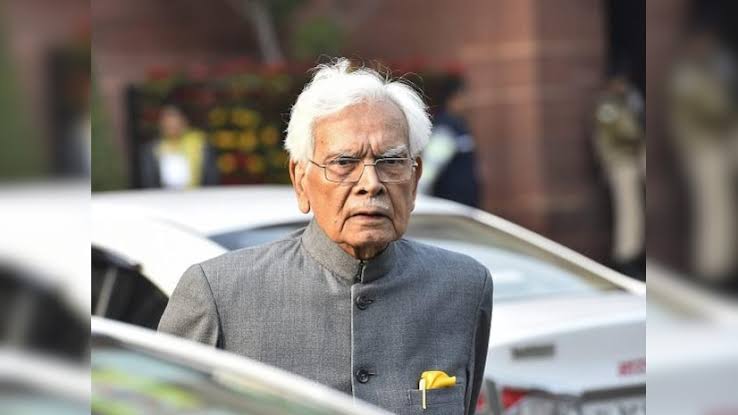
With the passing away of K. Natwar Singh last week the country has lost one of its bright stars who excelled in the national and international arena taking up various issues from time to time. Singh was also credited with great intellectual prowess, in diverse fields ranging from literature, history and art. It was rather painful to note that the career diplomat and author, who entered politics in 1984 and rose to the position of Union External Affairs Minister during the United Progressive Alliance (UPA) government under Dr. Manmohan Singh and had hobnobbed with world leaders once upon a time, went down rather unsung, even in his home state, Rajasthan.
There were the customary tweets from Prime Minister Narendra Modi and other leaders. There were also measured obituary references from the Congress President Mallikarjun Kharge and head of the party’s media wing, Jairam Ramesh. Those offered wreaths on the body in Delhi included the present External Affairs Minister S. Jai Shankar, the Rajasthan Chief Minister Bhajan Lal Sharma and Union Minister from Rajasthan, Gajendra Singh Shekhawat. A few senior leaders from the non-BJP parties who joined the funeral held at Lodhi Road cremation ground included former Chief Minister of the erstwhile Jammu and Kashmir, Farooq Abdullah and former CM of Haryana, Bhupinder Singh Hooda.
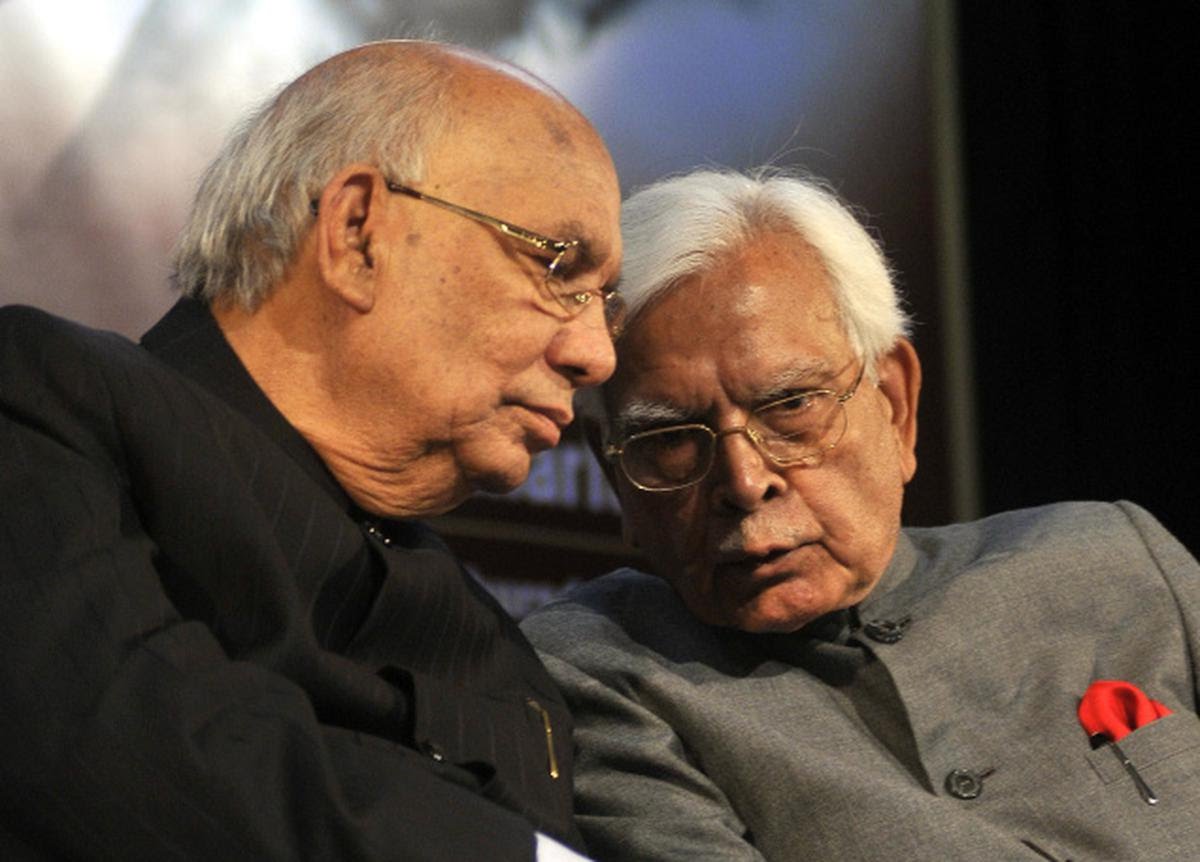
Taking birth in Jagina village of Bharatpur in 1931, Natwar Singh remained a global citizen throughout his diplomatic career during which he was posted as the Indian Ambassador to Pakistan as well. An expert on the life of India’s first Prime Minister Pandit Jawaharlal Nehru, Singh authored,”The Legacy of Nehru: A Memorial Tribute” and remained a “Nehruite” till his death though he had parted ways with the Congress party in 2008 and had only bitter things to say about it in public. Natwar Singh also had worked under Vijaya Lakshmi Pandit in London and had been in contact through letters with the likes of C. Rajagopalachari, the last Governor General of India and E.M. Forster, the celebrated author of “Passage to India”. He surely enjoyed the company of writers and artists, and the politicians and diplomats who were intellectuals.
Even before joining politics formally Singh was close to the powers at the highest level. He was attached to the Prime Minister’s Office (PMO) in 1966 during Indira Gandhi’s time and later advised Congress president Sonia Gandhi on international matters. His diplomatic career spanned across the Prime Minister eras of Nehru, Indira Gandhi, Rajiv Gandhi and Manmohan Singh. Natwar Singh had only differences with former Prime Minister Narasimha Rao, which consequently led him to be among the founders of the All India Indira Congress.
As for politics at the grass root level this author is of the view that Natwar Singh never understood it fully. Though he did not mind playing to the gallery occasionally-one of his rather infamous quotes include the comment about protecting the World Heritage bird sanctuary, Keoladeo Ghana National Park in Bharatpur, which went like this, “the birds don’t have votes”—Singh could not think the way a local politician did and mostly missed the implications of social and political developments on the ground. Once covering an election rally that Natwar Singh led on the streets of Bharatpur town, this author, walking with him, asked, “What are your prospects of winning this election?” An aggressive Singh replied back, “can’t you see the huge crowds following me? I am winning”. I could see only a few hundred in the crowd. Anyway, he lost that election.
Critics point out that Singh could not leave behind his diplomatic lingo even while conversing with the rustic folks of Bharatpur. He often cited instances of diplomatic issues in faraway places like China, Poland, USA or UK, in a language which was Greek and Latin to them. Most of them found him not only incomprehensive but also arrogant and pompous.
In Rajasthan he did not enjoy much goodwill among the senior leaders of the Congress. In the initial days he was in rivalry with the late Rajesh Pilot as both shared the same support base of Bharatpur. Singh replaced Rajesh Pilot as MP in Bharatpur in 1984 and then, after a gap,succeeded in getting elected from there again in 1998 while Pilot moved on to neighbouring Dausa. He was not on good terms with former Chief Minister Shiv Charan Mathur, whom he blamed for the murder of the erstwhile Jat Raja of Deeg, Man Singh.
From among the other senior leaders he did not share good vibes with former Chief Minister Harideo Joshi and also with the state’s three times Chief Minister Ashok Gehlot. The leaders with grass-root level following in Rajasthan grudgingly recognized Natwar Singh, but not for his eminence or scholarship but for his proximity to the Gandhi-Nehru family.
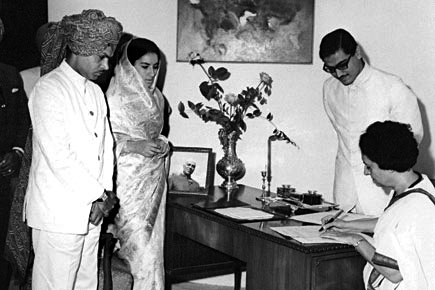
His downfall came following the Volcker Report which named him as one of the beneficiaries of irregularities in the “Oil for Food” programme of the UN. He allegedly made use of his connections with Iraqi strongman Saddam Hussein for clinching the said deal. Perhaps, more than the infamy of the Volcker disclosures which had made him quit as union minister, the way Singh reacted to the Congress leadership afterward aggravated the situation and further lowered his political status to a point of no return. One would never know the truth but in his utterances thereafter there used to be a lot of bitterness against the Congress’ top family. He gave the impression that he was let down by them. During this period a series of personal tragedies also plagued his family.
Yet another step, a less thought about political move, worsened the situation for Natwar Singh. Bitter and bereft of friends, Natwar Singh first turned to the Bahujan Samaj Party leader Mayawati for succour but was soon left disappointed. Thereafter his family got closer to Prime Minister Modi and the BJP. At present his son Jagat Singh is a BJP MLA in Rajasthan.
Natwar Singh could be chatty and friendly whenever he wanted to be. He made friends with all sections of people and the media. His books, “Maharaja Surajmal”, “Yours Sincerely”, “My China Diary” and a few others are critically acclaimed.
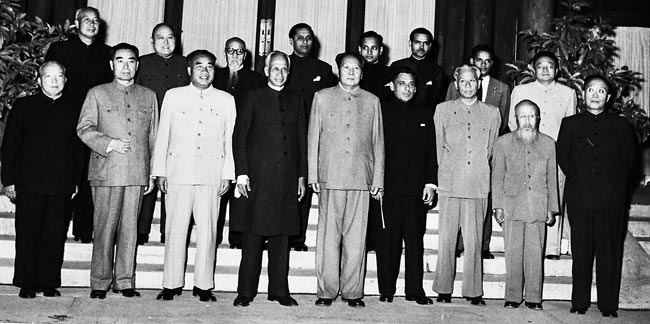
Dying at the ripe age of 93, Singh and politically aware and vigilant till the end. Yet, Natwar Singh’s legacy leaves behind the impression of incompleteness. The atmosphere at the time of his death surely was not a fitting finale to his accomplished life. Perhaps he too had a premonition of what was coming when he titled his autobiography as “One Life is Not Enough”. And curiously in that book he wrote: What are my vices? Conceit, overconfidence, occasional obstreperousness, zeal, suffering the foolish, leaping before looking. Was Natwar Singh, a man of hubris, sinned against more than sinning? Perhaps, history would do justice to his legacy.



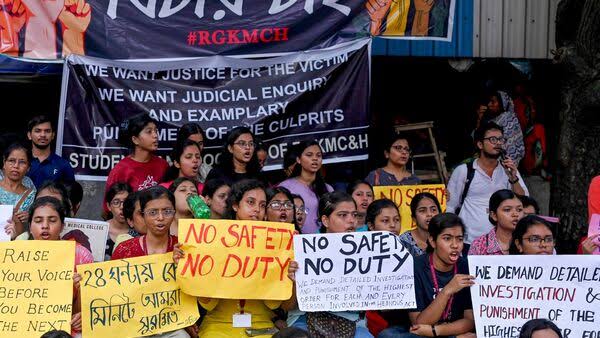


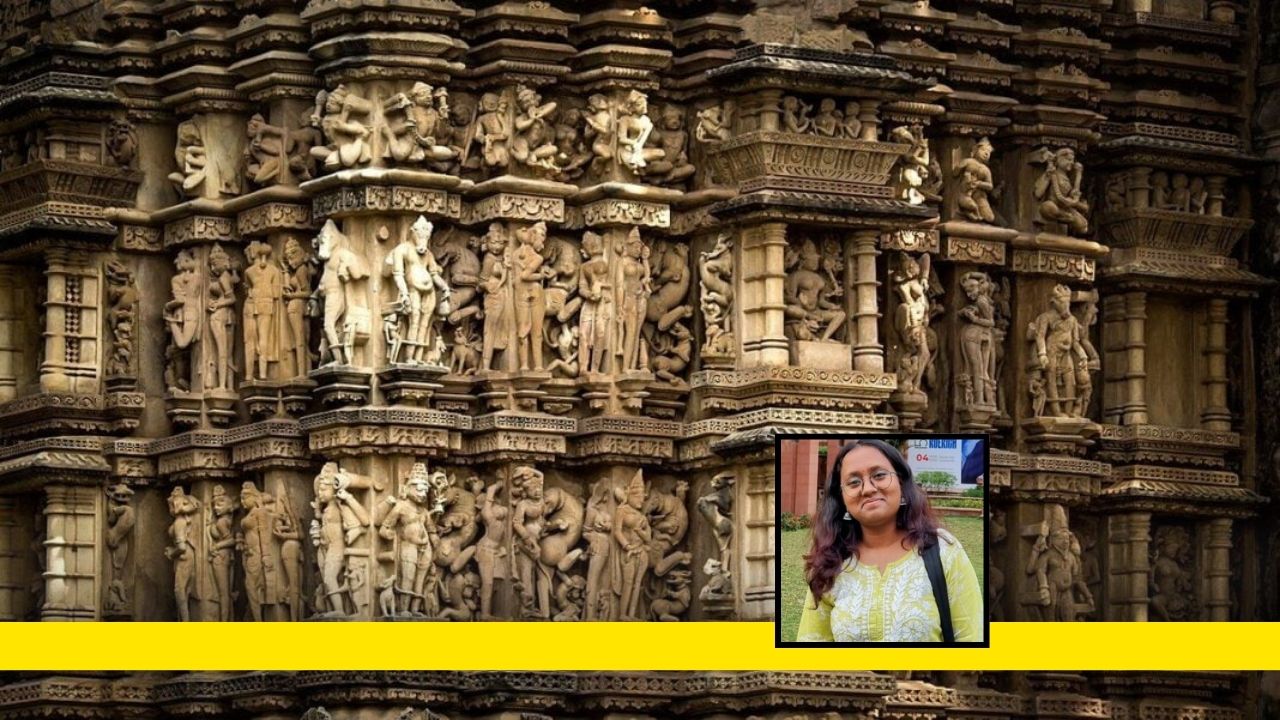



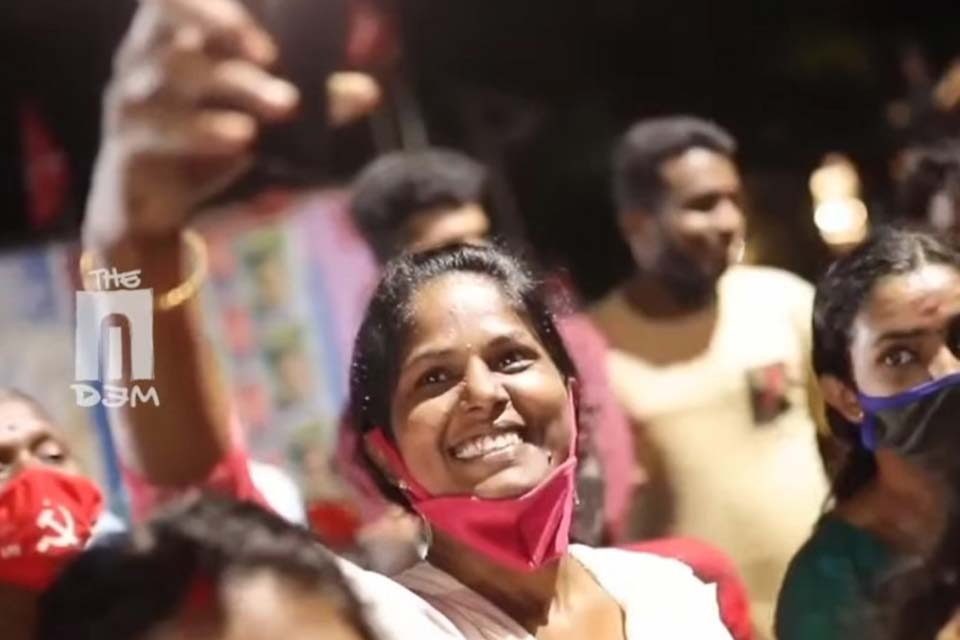

A lot of insights, some of which had been long forgotten, into the life and times of Natwar Singh.
Very well written. Ke sa was a legend. They don’t make them like him any more